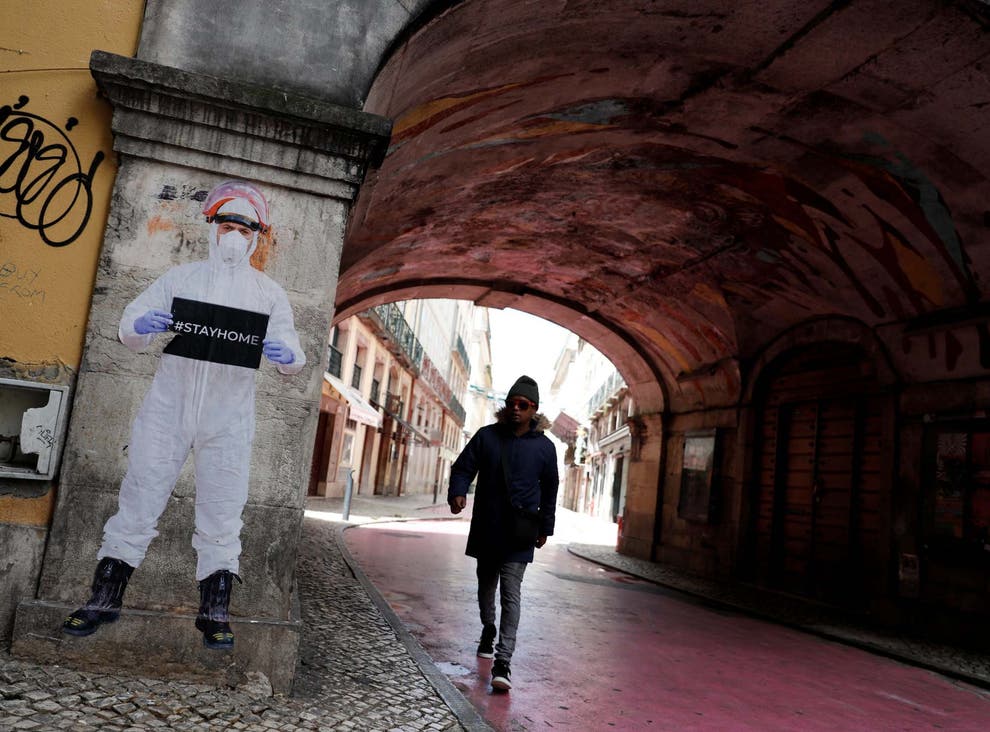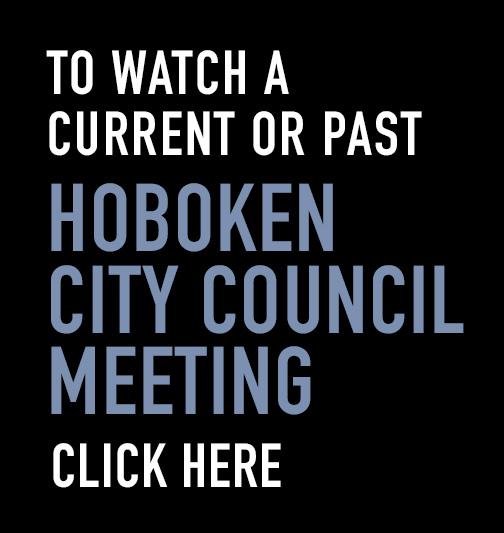AirBnB, short-term rentals (STR) and Hoboken

Been doing some research on AirBnB and short-term rentals (STR) & from the various studies I’ve read there are a few things that are pretty clear:
1) They contribute substantially to transforming residential areas into tacit tourist districts creating a more transient, consumption-oriented built environment
2) They create yet another form of local displacement: buy-to-let gentrification, displacing residents with tourists and creating greater housing insecurity
3) They contribute further to the financialization of housing in a way that is destructive to what we think of as the “community.” STRs can easily be used as a place to store surplus capital with total flexibility to sell at a moment’s notice ‘tenant free’ – the modern day version of ‘delivered vacant’
4) There is an exceedingly detrimental impact on the traditional private rental market that, among other things, promotes exclusionary displacement as new residents are unable to move in.
5) On a local level, the buy-to-let economy inevitably enhances warehousing as properties are purchased as buy-to-leave properties (waiting for tenants to leave and not re-letting them)
6) Tourist laden cities negatively impact property owners too via degradation of quality of life, increased crowding, loss of local shopping opportunities as stores cater to tourists rather than residents, etc.
Hoboken electeds made a false-hearted attempt at local AirBnB legislation in 2020 that had no enforcement mechanism, only addressed rent-protected properties and was proposed, not so coincidentally. shortly after several press stories broke about one council member renting out his condo on AirBnB suggesting that the legislation intent was created to target that councilperson and not created to address the interplay between the STR market and our local housing market.
To be true and well-intentioned, any airBnB, STR legislation passed in Hoboken needs to:
1) reverse tenancy insecurity created through the STR market
2) levies short-term occupation into a taxation framework that incentivizes long-term rentals
3) reforms any fiscal benefits provided to foreign investors and financial institutions to whatever extent possible
4) reconsiders the role of tourism as a sustainable form of economic growth in Hoboken
5) contributes to the promotion of housing as shelter and not as an investment vehicle
Other cities across the globe are taking on the complexities of addressing STRs. Here’s an example in Lisbon that Hoboken electeds might want to explore. What’s interesting about what is being done there is that they are also taking the opportunity to include green infrastructure, in this case, bike lanes, in the overall program.
I’m hopeful that our new housing division has lots of well-researched ideas on how we can proceed with effective and appropriate ideas for STR legislation in Hoboken.




1 Comment
Jane
I love the idea of “intentional neighboring”. Brilliant.